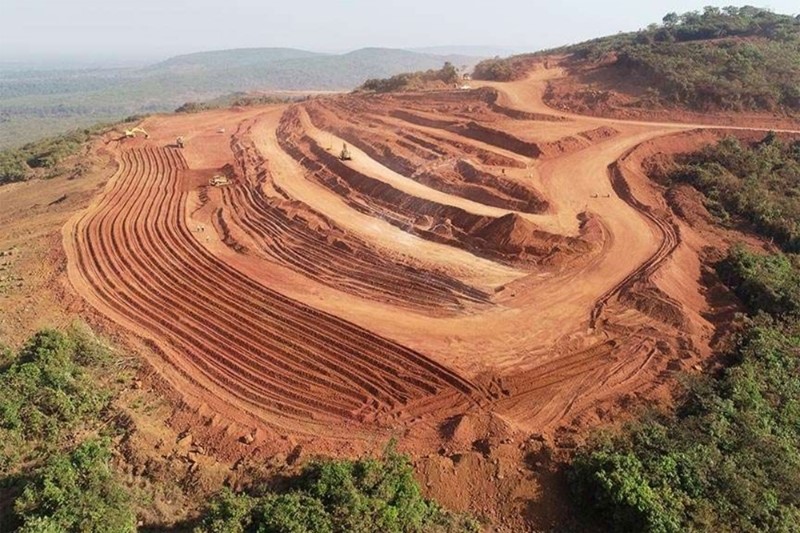

Two years following the military coup in Guinea, there are few indications of a return to democratic governance. Interestingly, the current junta overseeing this West African nation has managed to evade international condemnation. This unique situation can be attributed to the country's substantial bauxite and iron ore reserves.

In late April, Guinea's foreign minister, Morissanda Kouyaté, posed a question in the National Assembly: "We’re the [world’s] second-largest bauxite producer; why would we grovel before the international community?" Meanwhile, the National Committee of Reconciliation and Development (CNRD), led by Colonel Mamady Doumbouya since the coup on September 5, 2021, appears to have little urgency in organising elections. Officially, these elections are slated for 2024, at which point a civilian president is expected to take charge. However, the junta in Conakry has made limited tangible progress in this direction. Surprisingly, they face considerably less international pressure compared to their counterparts in neighbouring junta-led countries.
This raises the question of why there is a double standard. Unlike the military leadership in Bamako (Mali), Ouagadougou (Burkina Faso), and Niamey (Niger), the Guinean junta has opted to maintain balanced relationships with global powers, securing a degree of leniency from the international community, notably from the United States and France.
The significant wealth lying beneath Guinea's surface plays a pivotal role in this situation. Over the decades, U.S. and Russian companies and Chinese enterprises have been drawn to Guinea due to its rich bauxite and more recent iron ore resources. Furthermore, France is eager to maintain a local ally, especially after its recent challenges in the Sahel region.
Each major global power appears content with the current state of affairs. Meanwhile, the Economic Community of West African States (ECOWAS) wields limited influence over Guinea. Unlike Burkina Faso, Mali, and Niger, Guinea possesses its own currency, a coastline and derives substantial government revenue from its mining sector. These factors act as insulation against localised economic sanctions.
Responses








